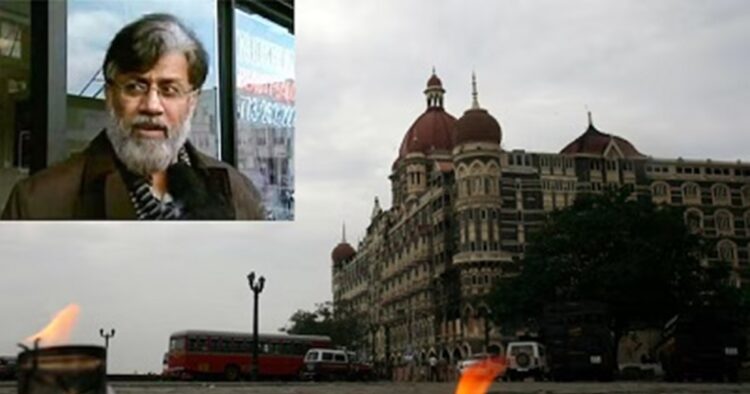Pakistani-origin Canadian so-called businessman Tahawwur Rana is extraditable to India for his role in the 2008 Mumbai terror attacks, according to a US attorney. Assistant US Attorney Bram Alden argued before the US Court of Appeals for the Ninth Circuit, emphasizing that Rana’s extradition aligns with the US-India extradition treaty.
Rana, currently imprisoned in Los Angeles, had appealed a US District Court order that denied his writ of habeas corpus, challenging his extradition.
Rana, 63, is sought in India for his involvement in the attacks that resulted in 166 deaths and 239 injuries. Alden stated that India has established probable cause to prosecute Rana, citing his connections with Pakistani-American terrorist David Coleman Headley, a key conspirator in the attacks.
Alden highlighted that both India and the US agree on the interpretation of the treaty’s non-bis provision, focusing on the elements of the offense rather than the underlying conduct, consistent with Supreme Court double jeopardy precedent.
Rana’s attorney, John D. Cline, argued that there is no competent evidence supporting probable cause and that the double jeopardy provision of the extradition treaty should prevent his extradition.
Despite these arguments, Alden maintained that overwhelming evidence supports Rana’s knowledge and involvement in the attacks, referencing meetings with Headley, fake visa applications, and a phone call praising the attacks.
The 2008 Mumbai terror attacks, carried out by 10 Pakistani terrorists, resulted in a devastating 60-hour siege, targeting iconic locations in Mumbai, including the Taj Mahal Hotel, and killing six Americans. Alden asserted that India has every right to prosecute Rana under the extradition treaty.

















Comments